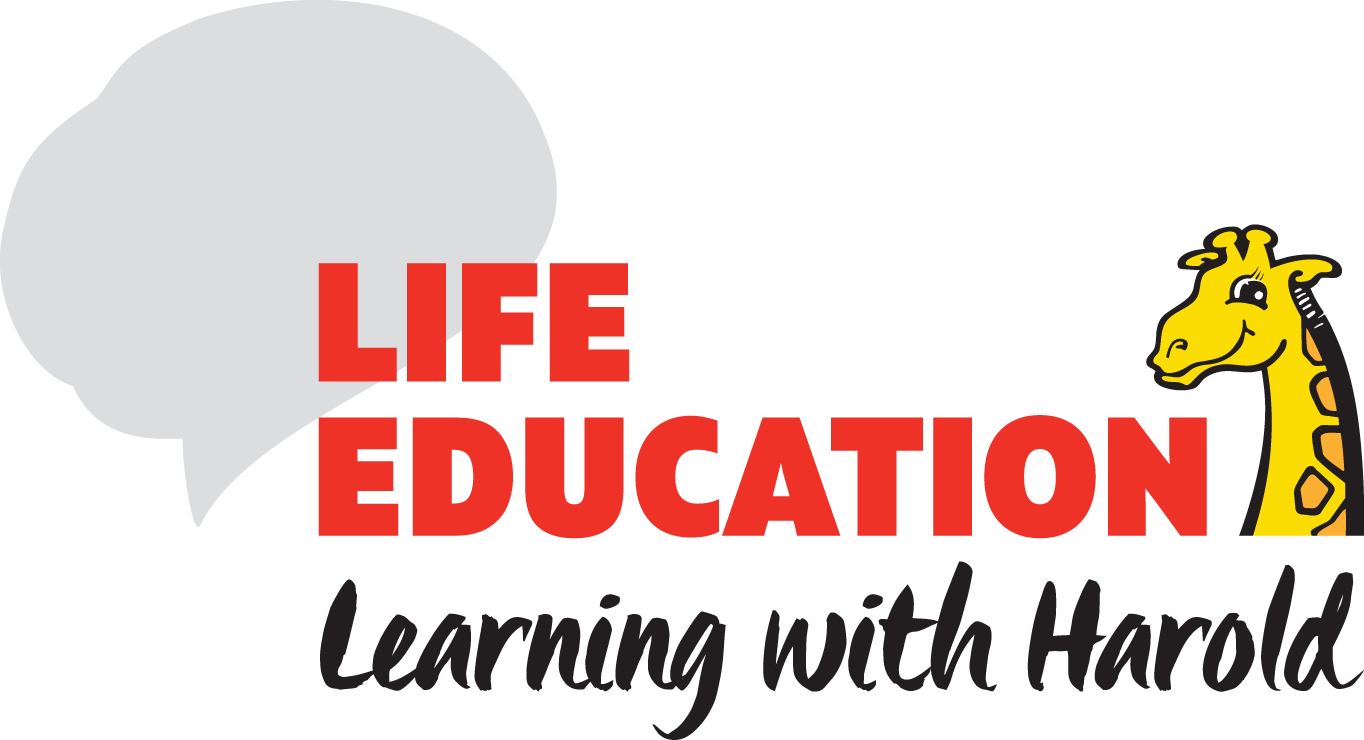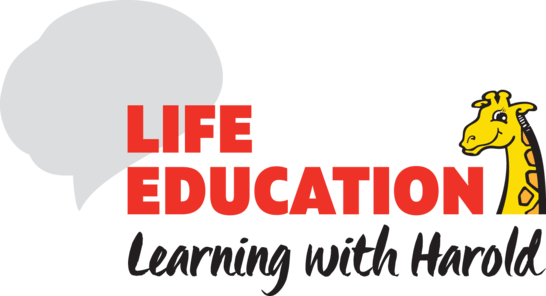Y 3-4 RSE & Physical Development
Island Bay School
Rachel McKinnon
Delivery day of lesson is Tuesday 14 September, 2021
Key Concept/Inquiry Focus
Our Changing Bodies
Health Needs
Other Considerations
Questions
- How can we take care of our hauora (wellbeing)?
- Students at all levels can explore the ways in which we can contribute to our own health and wellbeing. These may include things that link to our mental, physical, emotional and spiritual health such as good nutrition, sleep, hygiene, physical exercise, and keeping ourselves safe. Depending on your needs we can focus on one or more of these aspects of wellbeing.
- How do we keep ourselves safe?
- Children brainstorm ideas on how to keep themselves safe in various settings, including at the playground, at school, at home, online, and at the beach.
- Where can I go for help?
- Students and the Educator consider problems that may arise, and discuss strategies to obtain help and assistance. For junior students, this could be in the context of bullying, peer pressure, keeping ourselves safe; for senior students, this could be in the context of cybersafety, substances, and the teenage years.
- What's inside our bodies?
- Explore our body systems and how they work together to keep us alive.
Curriculum Strands
Personal Health & Physical Development
- Personal growth and development
Relationships with Other People
- Identity, sensitivity and respect
Lesson Overview
-
Know your Body
Know Your Body app has a major focus on the function of each vital body part of our body.
-
Hygiene
Having good hygiene is an important part of looking after ourselves. Knowing how to look after your body helps to keep us, and those around us, healthy and well.
-
Our Body outline
This level 1 independent learning experience looks at the basic body parts inside our body.
-
There's nobody else like me
With this level 1 independent learning activity students record details about themselves such as name, age, birthday and favourite food. This could then be used as a discussion to look at similarities and differences between classmates.
-
My very important body needs
This level 1/2 independent learning activity involves students making a mobile showing some of the things our very important bodies need, such as healthy food, water, oxygen, sleep and exercise. This sheet could be photocopied onto card and more shapes added.
-
My body needs sleep
This level 1/2 independent learning activity encourages students to think about the importance of sleep. They can complete the sentences with the words displayed words and colour in the person in bed.
Pre-Visit:
- School community consultation re: RSE.
- Discussion and prior understanding/knowledge identified through class programmes.
- Discuss health and safety - students not to go underneath the classroom. Classroom is out of bounds unless with an adult.
* Due to the content of sessions, please ensure that a class teacher is present at each session.
Mobile Classroom Learning:
H. packed his bag – link to basic body needs to stay happy and healthy. Has been learning how to take care of his body. Looking for sign ‘unique’.
Activity – basic body needs, how we look after ourselves/link to taking responsibility for our own bodies.
All unique – turn to buddy, 3 things that are different. The human body is amazing. Important to celebrate – dance party! Also links to our need for physical activity.
Brain – the control center for who we are as a person (identity) and how we change as we get older. Sends signals to change and grow.
Introduce anatomy, using PAT (mannequin) and BOB – interactive display. Identity and discuss different body parts. Discuss difference between female and male genitalia. Integrate inclusive language - 'some people have/all people have'.
Link back to identity - how do we change and develop - consider interests, friendships, physical changes, brain development. Consider influences/gender stereo types etc.
Link back to taking responsibility for our own bodies by keeping clean, eg. Washing with soap, hair, hands, genitalia, etc.
Different types of touching: touch can be good, bad or unwanted. Good touch should make you feel positive – hugs and kisses from family members.
Discuss why people might touch you, eg. To show affection (hugs, kisses, cuddles); to keep you safe (holding your hand while crossing the road); if you’re sick or hurt (doctors and nurses).
Discuss touch that doesn’t feel good but is necessary, eg. Grabbing you to stop you running onto a busy road, or fixing an injury.
Refer back to body parts – which parts are private?
Introduce Pantosaurus and PANTS rule (reference ‘underpants’).
- Have the right to say ‘no’ to unwanted touch.
- If someone needs to break the rules of PANTS, they should explain why.
- You should never be asked to keep secrets that involve touch.
- Discuss who they trust and can ask for help/talk to.
Reference that we have discussed differences and the importance of looking after our own bodies – also important to have empathy and understanding for others, eg. to listen if someone says ‘no’/be kind and respectful of people’s bodies/differences.
Activity: 'Shoes'.
Link to resilience during times of change – consider beach ball bouncing around. People’s words, actions, judgements can take out air.
Plenary with Harold
Follow up/teacher led activities:
- Workbooks (provided).
- PANTS teaching resources: https://learning.nspcc.org.uk/research-resources/schools/pants-teaching
- 'Navigating the Journey' (shared via email).
- Links to activities below:

